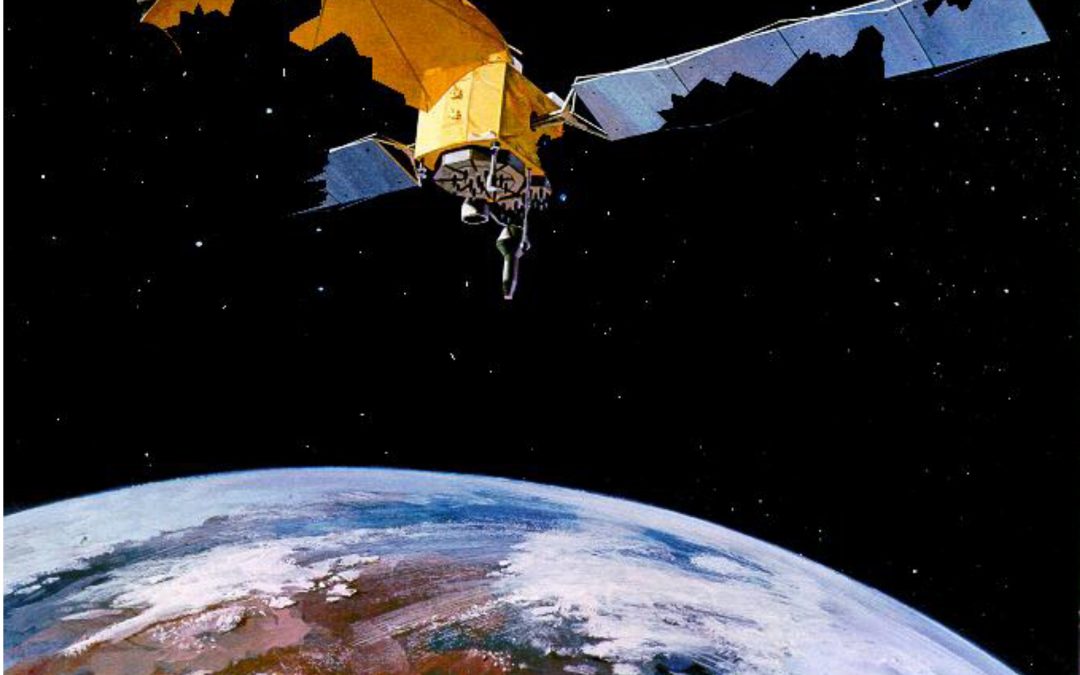Image: John Hartzell
What’s New: Some new perspectives on the issue from an interview by Swiss Public Radio with RNTF President Dana A. Goward.
Why It’s Important: The reporter took a larger and broader view than simply instances of jamming and spoofing. He asked about whether it was a violation of international law, and about national laws. And even though it does not appear in the transcription of the interview, whether or not Russia doing this is an act of war. The answer to that was “act of war” is for nations and groups of nations to decide, but it is surely “electronic warfare.”
What Else to Know:
- The interview was done in English, then overdubbed in French for broadcast, then some of it was translated back into English for the transcription/blog post. You may note a few glitches in the transcription. For example, I said in the interview “we restructure society” based on having GPS available. After two translations it came out “we transformed the company.”
- There is a link to the ten minute French language podcast in the below on-line article.

To limit interference on GPS, “we must make it a less attractive target”
Interference on GPS, a weak point in our societies / Everyone / 10 min. / Friday at 08:12
Like other satellite tracking systems, such as Europe’s Galileo or Russia’s GLONASS, GPS is used all over the world. It is nevertheless a fragile technology, which represents an ideal target for disrupting human activities, in particular transport, emergency services or power supply.
Disruptions have already been observed in some regions of the world, notably in the aviation sector. The Finnish airline Finnair, for example, has suspended its flights to the Estonian city of Tartu until the end of the month due to numerous interferences with the airport’s GPS. In recent months, cases have multiplied. The GPS is either jammed or “deceived”, the system thinking that the plane is somewhere other than its real position.
Dana Goward, president of the Resilient Navigation and Timing Foundation (RNTF), a nonprofit foundation that advocates for policies and systems that protect satellite navigation and its users, sees a growing trend. He answered questions from RTS on Friday in the show Tout un monde.
RTS info: Since when has the increase in cases been particularly notable?
Dana Goward: Since December 15, in the Baltic region. GPS interference has since expanded in geographic area, frequency and severity. They began because of an anti-missile defense system installed jointly by Washington and Warsaw in northern Poland, which greatly displeased Moscow. We are convinced, and there is much evidence to support it, of Russian involvement in the jamming that began on that date and has continued intermittently since.
Although they have been able to be controlled until now, the risks linked to GPS have indeed increased


